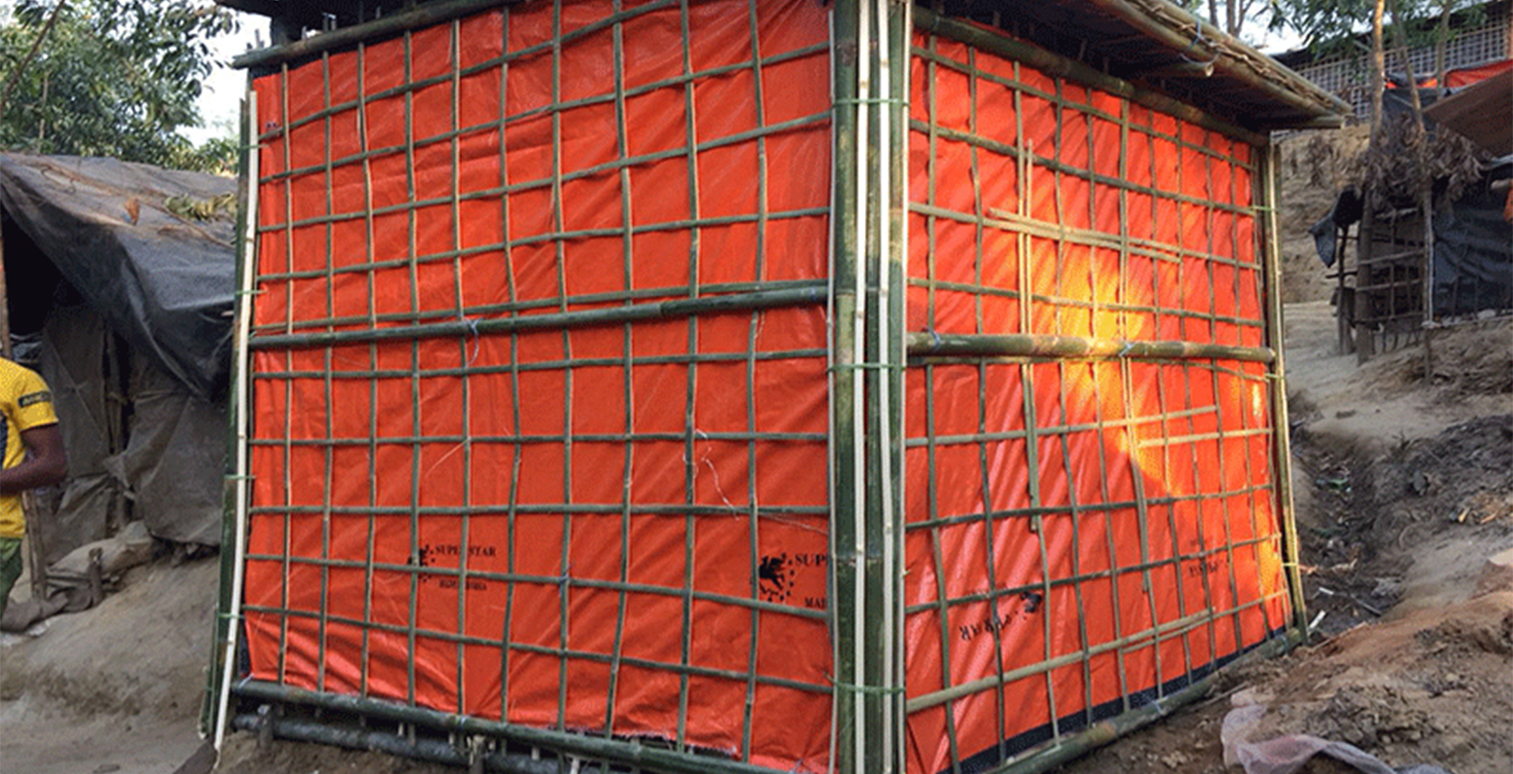Addressing the Shelter Crisis in Myanmar: A Humanitarian Appeal

The ongoing conflict in Myanmar has precipitated a severe humanitarian crisis, exacerbating the dire need for shelters and aid. Since January 2018, an influx of 688,000 new migrants seeking refuge has intensified the pressure on the existing infrastructure, highlighting the critical role of humanitarian organizations operating under challenging conditions. These shelters, now home to one of the world’s densest refugee populations in Cox’s Bazar, are struggling to provide for the basic needs of the displaced, predominantly women and children, many of whom have sustained injuries.
The Escalating Refugee Crisis
The rapid increase in the number of new arrivals has positioned this crisis as the fastest-growing refugee emergency globally. Prior to this surge, the region was already a sanctuary for over 200,000 Rohingya from Myanmar, in addition to Bangladesh’s own substantial needs. The recent influx into the shelters has placed an unprecedented strain on services, notably in health, water, and sanitation facilities, raising alarms about the potential outbreak of medical emergencies.
The Plight of Displaced Populations
Refugees arriving in Bangladesh report severe human rights violations, further compounding the plight of vulnerable groups, particularly children and women. The current conditions in the camps are reaching a breaking point, with essential resources stretched thin and the threat of disease looming large.
Are Shelters a Permanent Solution?
For countless refugees, the concept of “home” has been confined to the boundaries of camps, with generations born and raised in these temporary sanctuaries. Despite their long-term residence, these camps are officially considered “temporary shelters” by Thai authorities, who retain the right to close them at their discretion. This uncertainty fosters growing concerns among refugees who do not feel safe returning to their homeland.
The Larger Context of Displacement
An estimated 3 million individuals have fled Myanmar’s conflicts, with nearly 700,000 still displaced within the country. The refugees, belonging to various ethnic groups such as Karen, Karenni, Shan, and Mon, have sought refuge in neighboring Thailand, escaping the harsh military crackdowns in their ethnic borderlands.
The Rohingya Crisis
Since September 2017, nearly 1 million Rohingya refugees have sought safety in Bangladesh, escaping persecution in Myanmar. The proposed repatriation agreement between Myanmar and Bangladesh has sparked both hope and apprehension regarding the safe return of the Rohingya to Rakhine state. While many express a desire to return under suitable conditions, significant changes are necessary to ensure their safety and dignity.
A Call to Action
The situation demands urgent attention and support from the international community. Crisis Aid is committed to providing the essential aid required by those displaced by the conflict in Myanmar, including shelter, food, water, and medical care. However, the scale of the crisis requires collective action. We urge you to support our efforts in delivering relief to those in desperate need. Your donations can make a tangible difference in the lives of those affected by this crisis, offering hope and a chance for a better future. Please consider contributing to our cause today.